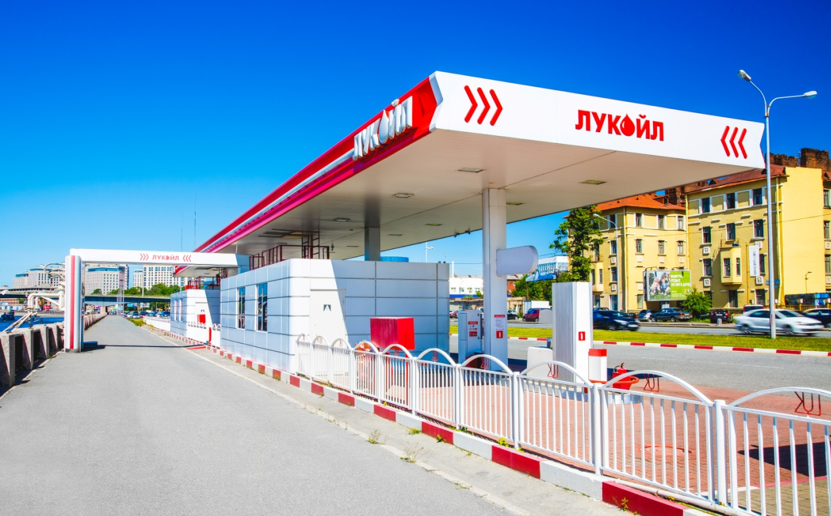RUSSIA MONITOR
Date: 23 April 2018
Post-electoral price shock
Russians are paying more for petrol from day to day. Fast increase in prices has started almost the day after the presidential elections. The record was set in March – last such a high fuel price was in 2012. In addition, the reserves on the home market are decreasing and companies struggle to compensate for their losses from the presidential campaign.

Due to, among others, an agreement between Russia and OPEC on extraction limits, world oil prices have been rising lately. It is a good information for Russian oil companies and national budget. But a bad one for Russian consumers. Oil companies prefer to sell oil and fuels abroad for hard currency. Russians are painfully touched by the rises because not long ago lower prices were being artificially maintained.
Oil companies limit the supplies on the home market to induce fuel shortage and increase in prices. They prefer to export fuels. Only in March, prices of the most popular fuels on the home market rose by about 10% in average. In April prices were still increasing, but this was also caused by the beginning of motor season in Russia. In such a way oil companies compensate for the losses from the presidential campaign, when they were not rising prices, but were even lowering them.
Yet at the end of 2017 most part of oil-gas companies, with Rosneft, Lukoil and Gazprom ahead, were ordered not to rise retail prices for petrol and diesel oil at least until March 18, 2018. Therefore, through several months companies were incurring losses which were being covered with domestic reserves. What is worse for the oil sector, this was taking place in the time of market problems. For example, yet in 2017 Lukoil was taking into consideration selling one third of its refineries due to the decrease in their viability. But if situation does not improve and nobody wants to buy them, it may result in closing up refineries in several regions.
The scale of additional paying for “electoral fuel” by companies is visible in the prices from the Petersburg fuel and raw material exchange from the beginning of January 2018. Average price for one litre of diesel oil on the exchange was 44 roubles. On a petrol station, adding all other costs, it would be at least 50 roubles to be profitable at all. Meanwhile, average price of one litre of diesel oil was 33-39 roubles. Companies had to pay extra despite the rise in excise in January 1, 2018 by 11%. Another rise is planned on July 1, but this time it will more severely touch the budget of ordinary customers.
All texts published by the Warsaw Institute Foundation may be disseminated on the condition that their origin is credited. Images may not be used without permission.
















